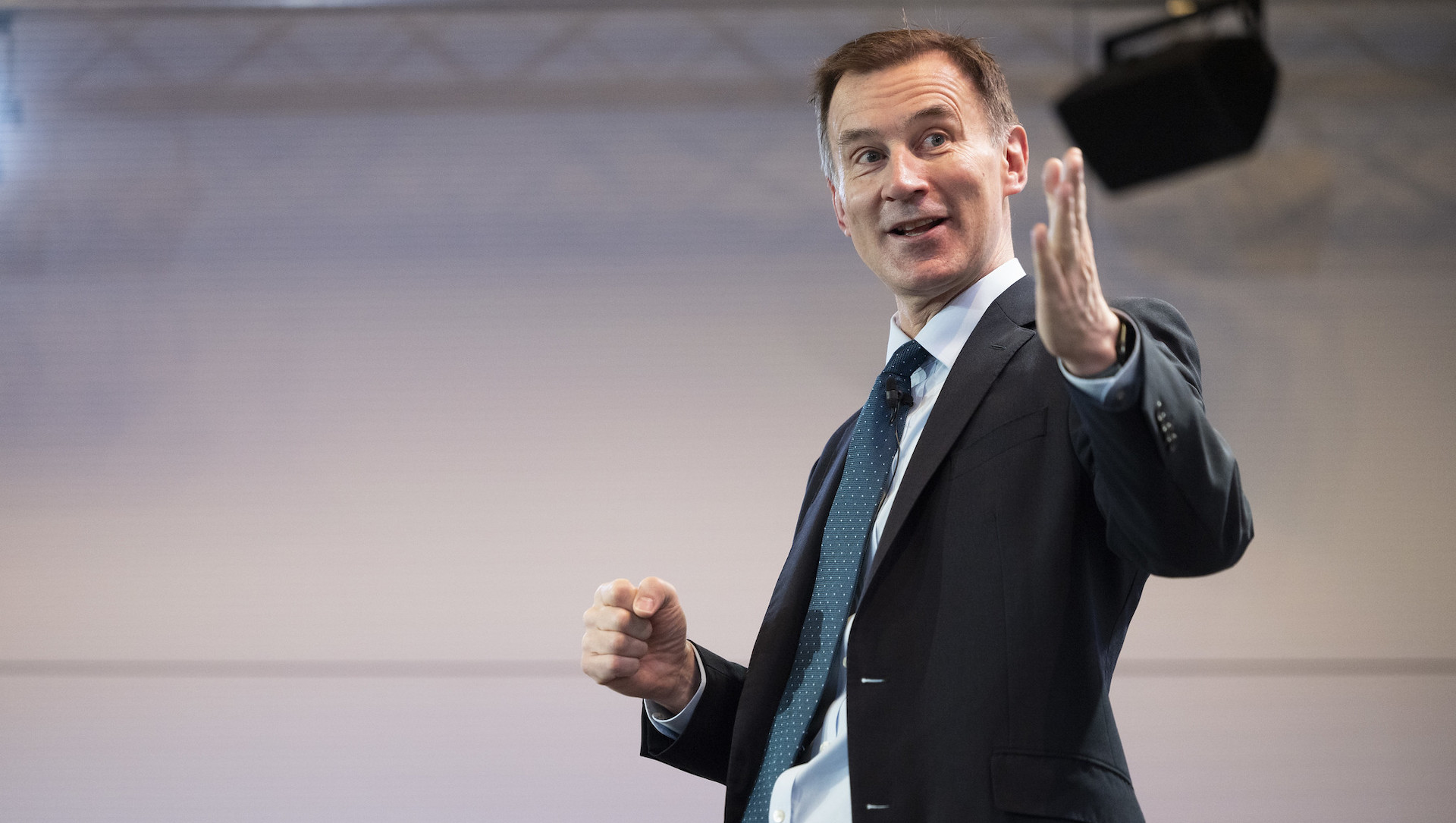Discussions about the economy, and particularly productivity growth, feel pretty abstract, an argument for academics and policy commentators. But it matters because it affects how much money people have in their pockets. The last 14 years are proof of this, and it has left people everywhere worse off.
What is it though that the next government could do differently to make the next 10 years more prosperous than the last for people from Manchester to Milton Keynes?
There will be national level policies that will have an impact across the country. Initiatives to encourage more business investment will be in controversial. A closer trading relationship with Europe is likely to be more contested despite the obvious benefits.
- Brits are £10,000 poorer now than in 2010, study finds: ‘Everywhere has been levelled down’
- Kevin McCloud: ‘We’ve got the coldest homes in Europe – and cash-strapped families pay the price’
Another desperately needed but politically difficult change is reform of the planning system. The root problem of the current system is that it assesses applications in a discretionary, case-by-case basis. Whether it is approved is at the whims of the people assessing the bid. Why does this create problems? Because it makes the process very uncertain. And uncertainty is a killer for investment.
The opposite of this system is not a free for all, but one where the rules are defined up front. If an application passes these rules, then the expectation should be that it is approved. We might then have a fighting chance of building the 4.3 million missing homes that haven’t been constructed since the current system was introduced after the Second World War.
But there will also need to be policies for specific places too. A hallmark of policy in this area, as in the decades before it, has been a hotchpotch of funds, pots and initiatives that have seemingly achieved little more than feed a stream of government press releases. But there are two policies that the next government should carry on with.










